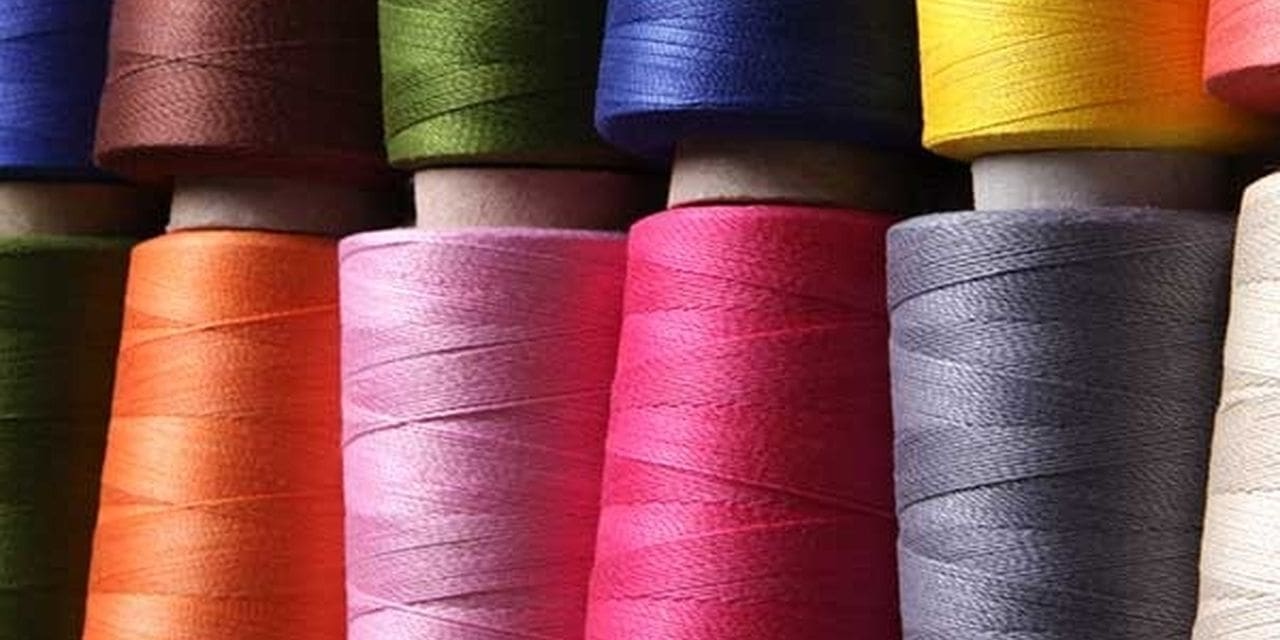KARACHI: Exporters of value-added garments and home textiles have urged the government to eliminate customs and regulatory taxes on the import of cotton yarn, citing a scarcity of this critical material.
“The government must allow the import of cotton yarn from all over the world because it is a major raw material of the value-added textile export industry,” said Pakistan Hosiery Manufacturers and Exporters Association Central Chairman Shahzad Azam Khan, adding that the currently offered cotton yarn was of poor quality.
Due to the current cotton yarn issue, exporters were hesitant to finalise export orders, he said. “Such export orders will be shifted to other countries in the area in this situation.”
Regardless of the fact that cotton yarn is in high demand in the local value-added industry, yarn producers and spinners were witnessed exporting the raw resources to neighbouring countries. “Yarn producers are denying the value-added textile industry of the major input while passing on the government subsidised benefit to regional rivals,” he claimed.
Topline Securities analyst Saad Ziker told The Express Tribune that these assertions are a genuine representation of the sector’s actual situation.
“There is a great need for cotton in the sector,” he said, explaining that now the valuation textile sector sought to fulfil as many customer demand as possible but was unable to do so owing to cotton shortages.
He emphasised that their desire for cotton imports from all over the world was garnering a lot of backlash in the market, as textiles were the country’s largest contributor to the overall exports.
Other regional countries, including India and Bangladesh, also were recovering from the Covid-19 outbreak and attempting to reclaim their lost market share.
“The government must pay attention to their needs and respond to their questions as quickly as possible, which would eventually benefit Pakistan in the long run,” he added.
He emphasised that their desire for cotton imports from all over the world was garnering a lot of backlash in the market, as textiles were the nation’s largest determinant of overall exports.
Other regional countries, including India and Bangladesh, also were recovering from the Covid-19 outbreak and attempting to reclaim their lost market share.
“The government must pay attention to their needs and respond to queries as quickly as possible, which would eventually benefit Pakistan in the long run,” he added.
Nevertheless, he cautioned that this could have a negative impact since farmers would feel insecure and demotivated if they did not obtain the expected price.
While exporters demanded responsibility cotton yarn imports, several sources argued that it was unneeded and it would overburden the government.
“There is no scarcity of cotton yarn in the country,” claimed an industry insider who asked to remain anonymous.
“If you compared cotton yarn manufacturing to exports, you will notice that just 11% of the cotton yarn created has been exported,” he said, adding that the problem was rising cotton prices around the world.

